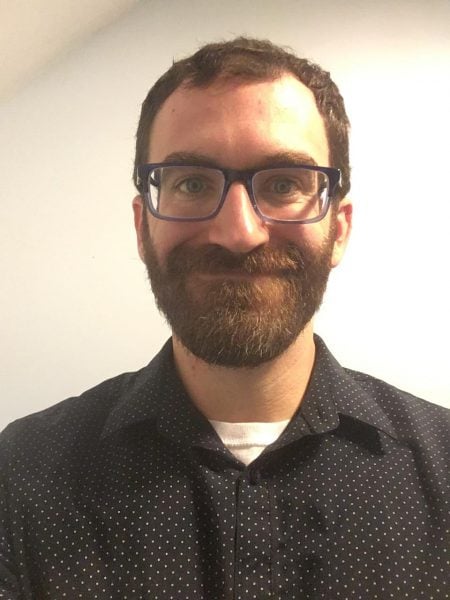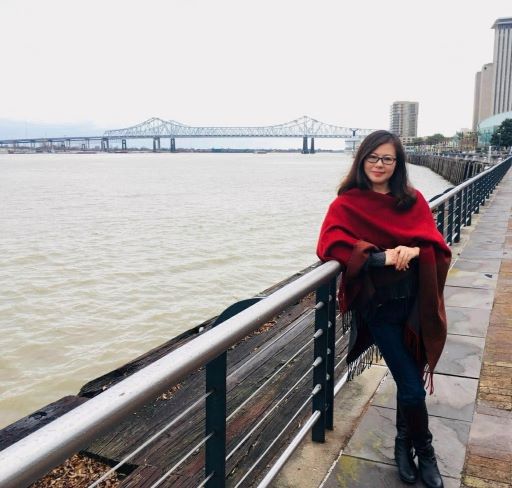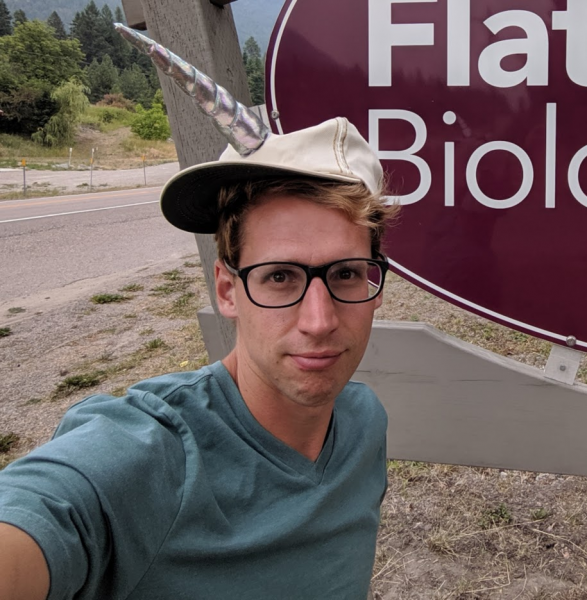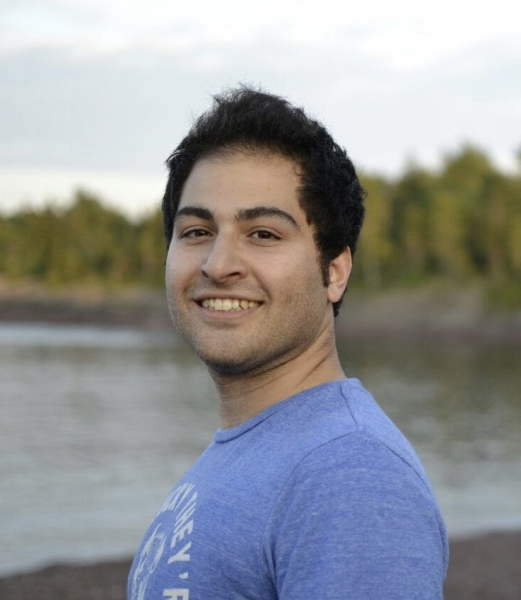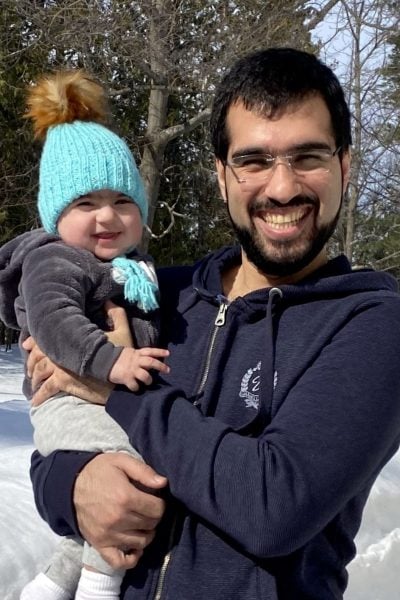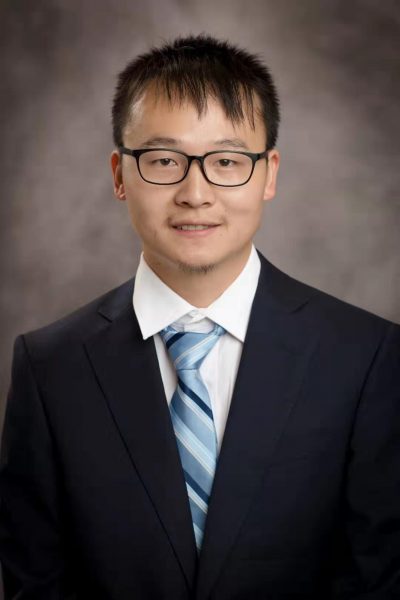
Yuesheng Gao is a Ph.D. candidate in Chemical Engineering at Michigan Technological University. He obtained a Master of Science degree and a Bachelor’s in Mining Engineering at Central South University in 2016 and 2014, respectively.
Yuesheng joined Dr. Pan’s research group in 2017. Since then, he has been involved in multiple projects, including the development of the synchronized tri-wavelength reflection interferometry microscope (STRIM), dust control, oil extraction, graphite purification, and froth flotation. His work mainly focuses on revealing the interfacial interactions and the stability of thin films (TMs) between different materials in liquid/gas circumstances. The findings in his work provide new perspectives in understanding the fundamental mechanisms of diverse separation processes. His contributions to the mining industry and the interfacial science areas have been well recognized.
Yuesheng is grateful for this invaluable opportunity to receive the Doctoral Finishing Fellowship from the Graduate School of Michigan Tech. He also wants to express his appreciation to his advisor, Dr. Pan, for the relentless guidance and encouragement.
